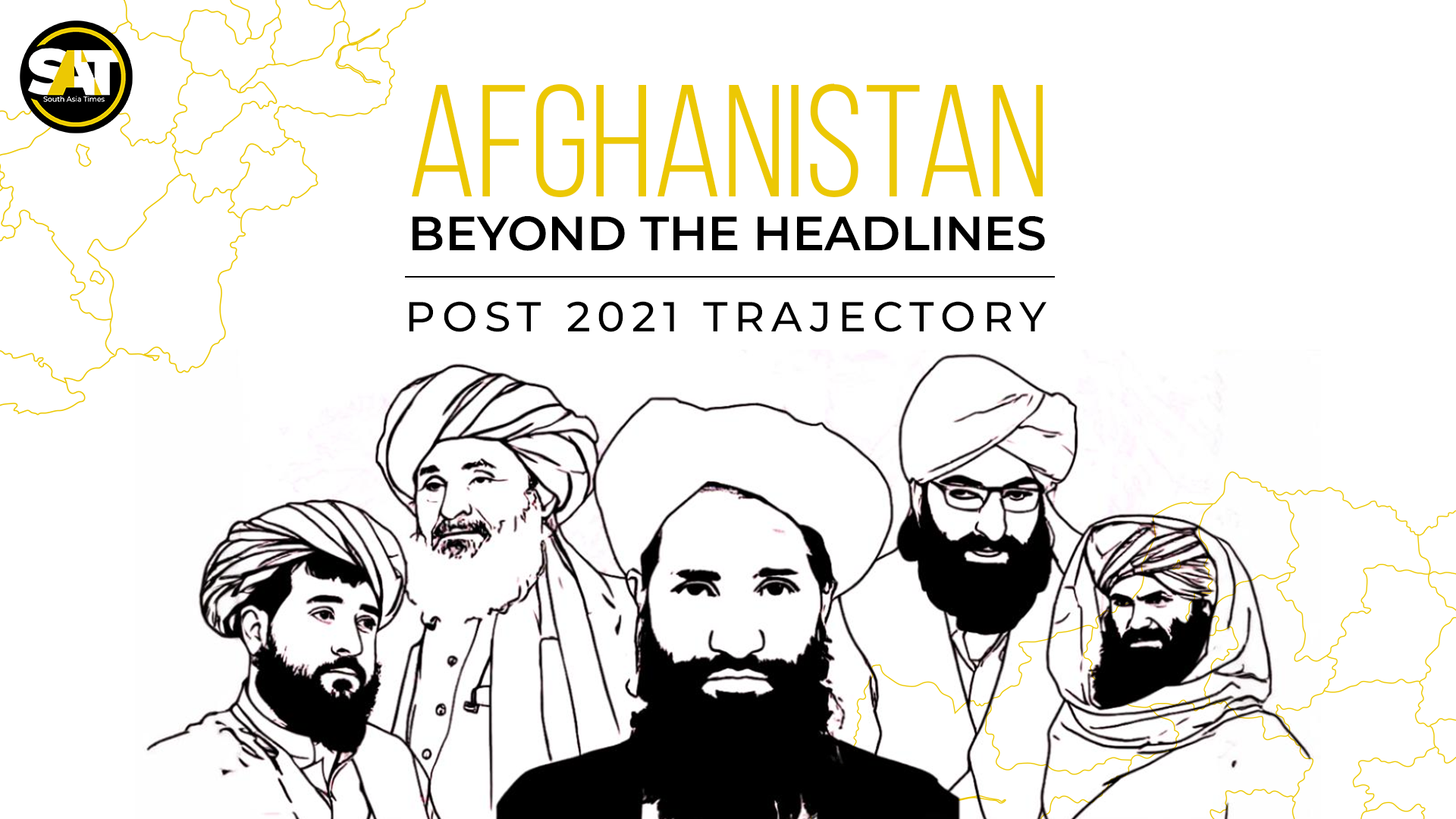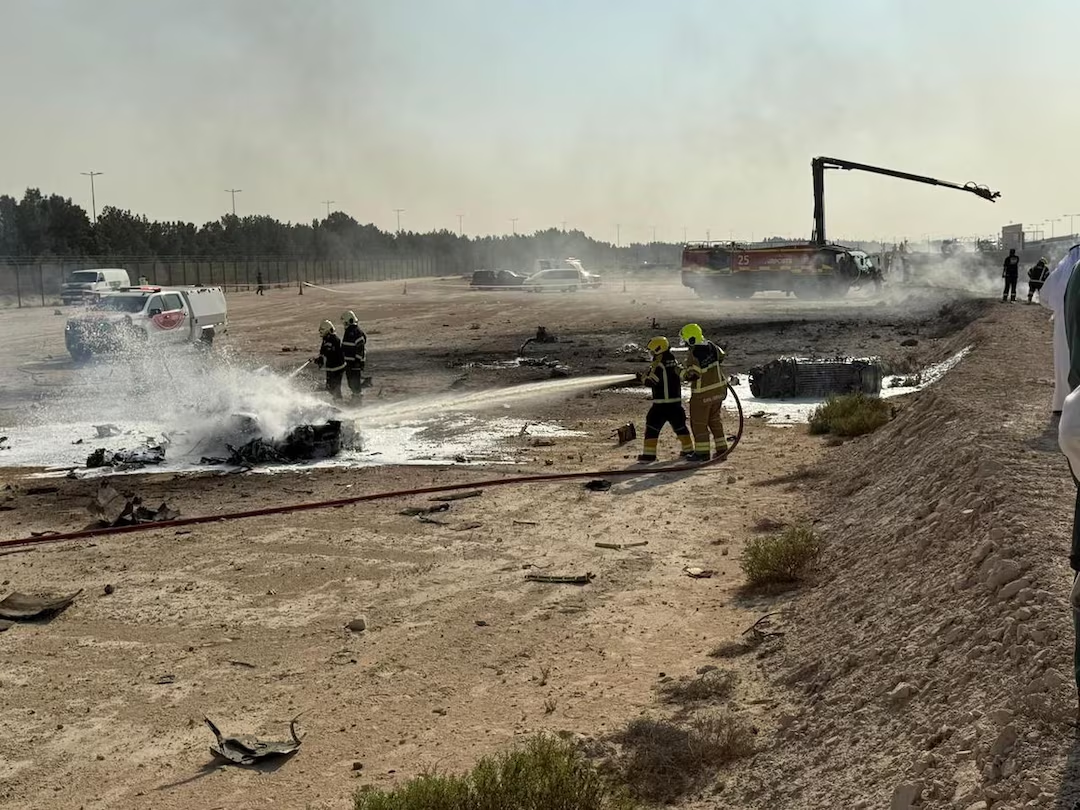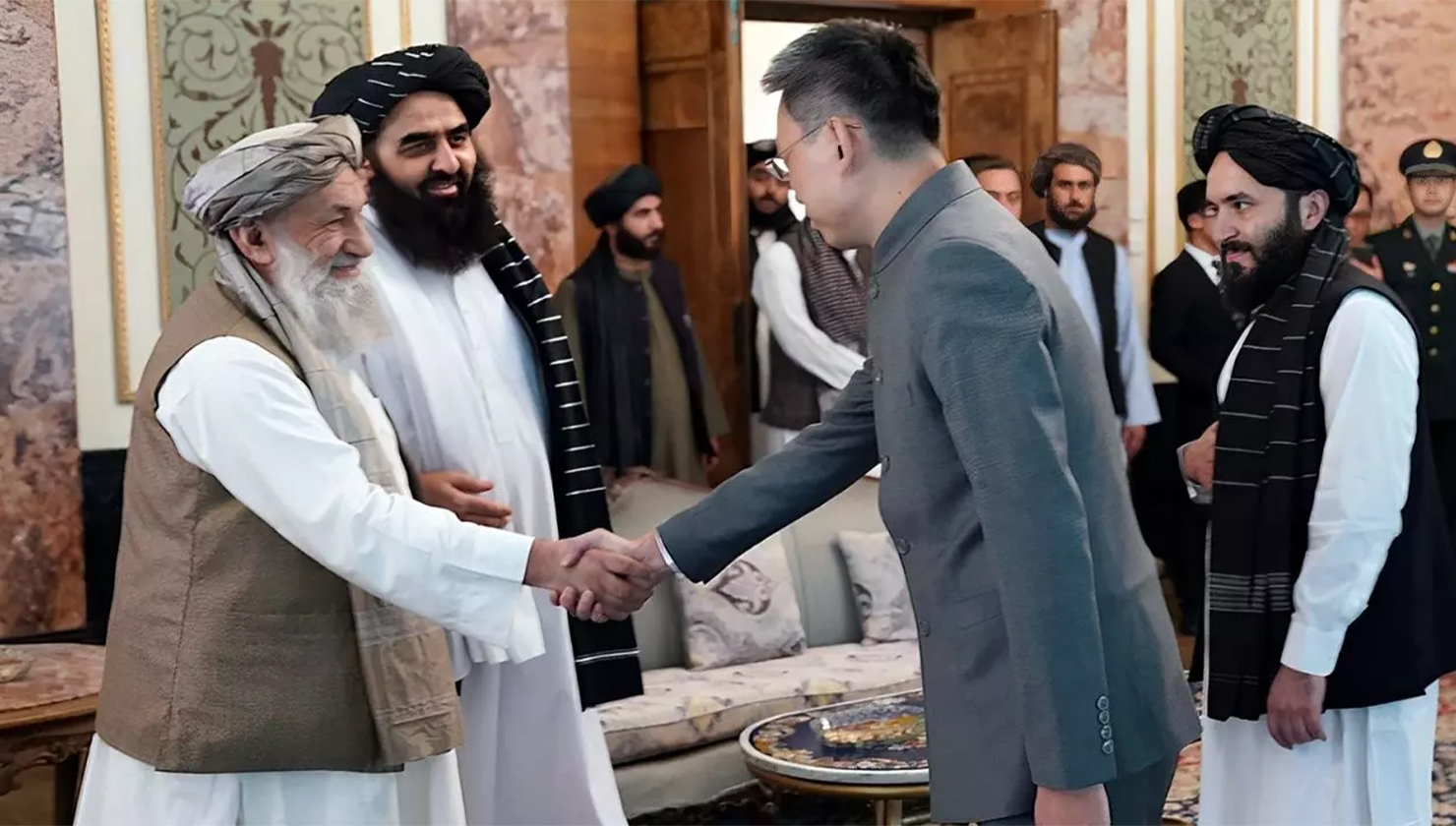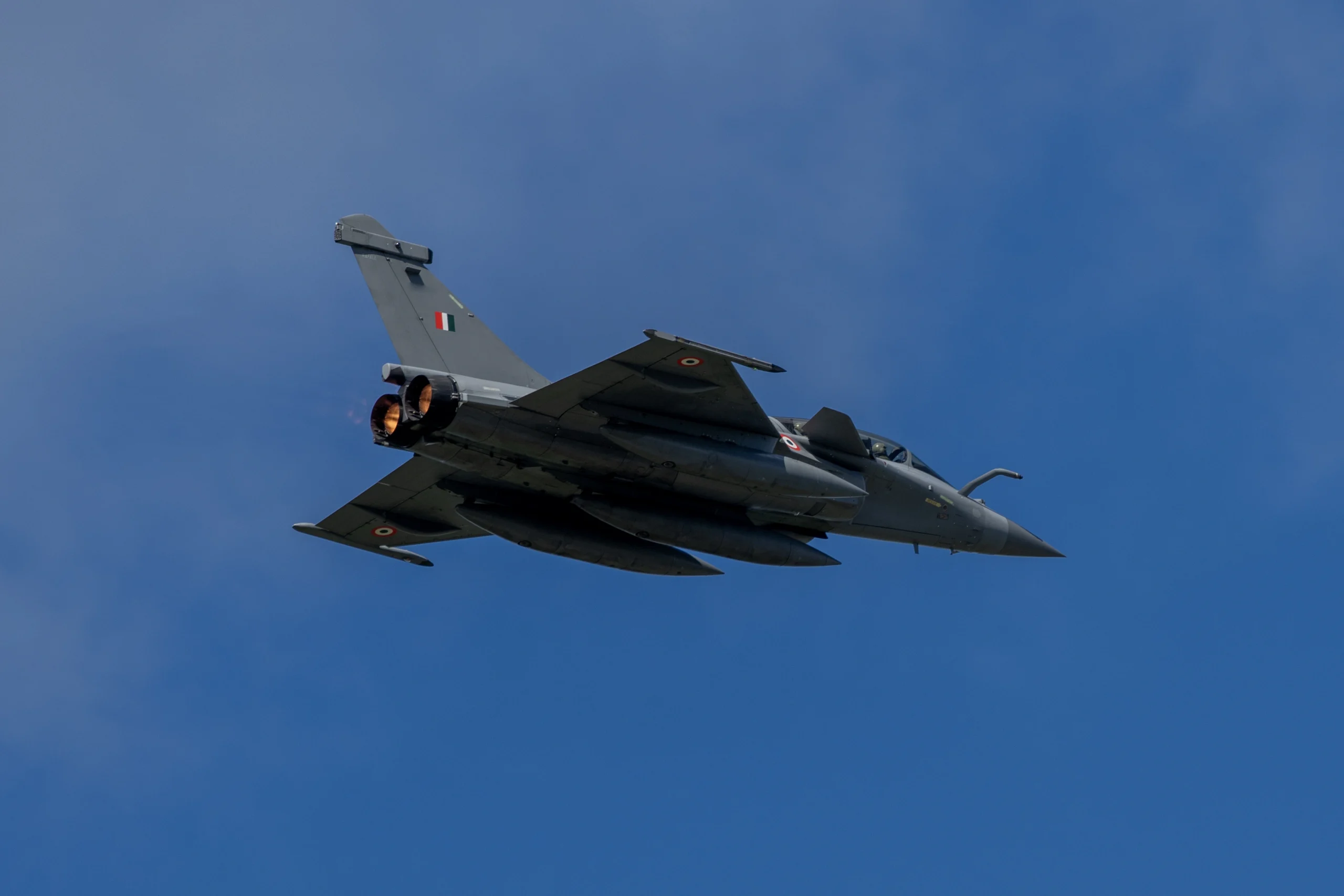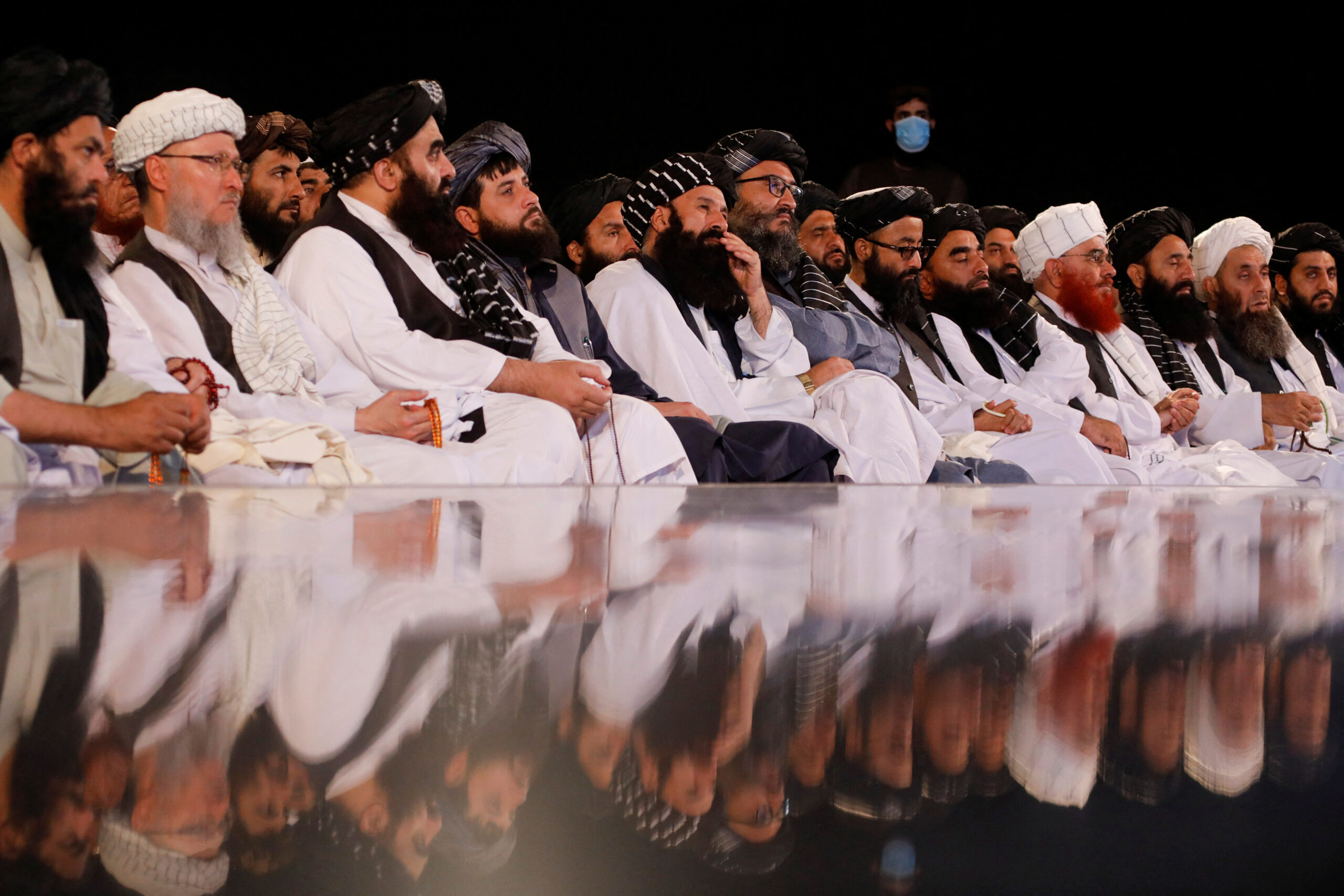Pakistan and Rwanda on Monday reaffirmed their commitment to enhancing bilateral cooperation across multiple sectors, including trade, defence, technology, and diplomacy.
The pledge followed a delegation-level meeting between Deputy Prime Minister and Foreign Minister, Senator Ishaq Dar, and Rwanda’s Minister of Foreign Affairs and International Cooperation, Ambassador Olivier Jean Patrick Nduhungirehe. The Rwandan foreign minister was on his first official visit to Pakistan from April 21 to 22.
During their discussions, both sides expressed satisfaction with the progress in bilateral relations and signed a Memorandum of Understanding (MoU) in the field of diplomatic training. The ministers highlighted the potential for further collaboration in priority areas such as trade, investment, defense, diplomacy, and people-to-people exchanges.
Deputy Prime Minister Dar emphasised the importance Pakistan places on its relationship with Rwanda, noting that Pakistan established its High Commission in Kigali in 2021, and that the inauguration of Rwanda’s High Commission in Islamabad was expected during the current visit.
Ishaq Dar said Pakistan was a key importer of Rwandan tea and was exploring increased imports of other products, including coffee, avocados, pulses, and horticultural goods. He also noted the potential for Pakistan to expand its exports to Rwanda in pharmaceuticals, textiles, rice, surgical instruments, agri-tech, and sports equipment.
Highlighting the digital sector, FM Dar said Pakistan was interested in partnering with Rwanda in areas like e-governance, fintech, digital innovation, and youth-focused technology platforms. He welcomed Rwanda’s participation in the upcoming Pakistan-Africa Trade Development Conference and Single Country Exhibition in Addis Ababa in May 2025.
Both ministers acknowledged the importance of high-level exchanges and collaboration in multilateral forums, with mutual support for candidatures at the United Nations and other international bodies.
Foreign Minister Nduhungirehe noted that the signing of the MoU was part of broader efforts to deepen cooperation, with additional agreements under consideration. He said his delegation, which included representatives from Rwanda’s Development Board and trade ministry, reflected Rwanda’s interest in expanding business ties with Pakistan.
Also See: Pakistan FM Dar, SCO Secretary General Reaffirm Trade and Energy Ties
Rwanda’s exports to Pakistan currently stand at approximately $26 million, while Pakistan’s exports to Rwanda total around $100 million, according to the Rwandan foreign minister. He expressed interest in exploring joint projects in sectors such as education, health, trade, and defense.
Nduhungirehe also emphasised the potential for collaboration in tourism and sports, including cricket, which is widely followed in both countries. He commended Pakistan’s contributions to UN peacekeeping and conflict resolution in Africa, especially in the context of Pakistan’s current non-permanent seat on the UN Security Council.
He reaffirmed Rwanda’s commitment to ongoing peace efforts in the eastern Democratic Republic of Congo (DRC) and expressed hope for progress in the months ahead.
This news is sourced from The Express Tribune and is intended for informational purposes only.

![Pakistan and Rwanda vow to boost ties in trade, defense, tech, and diplomacy during FM-level talks in Islamabad. [Image via The Express Tribune]](https://southasiatimes.org/wp-content/uploads/2025/04/rwanda1745220643-0.webp)
